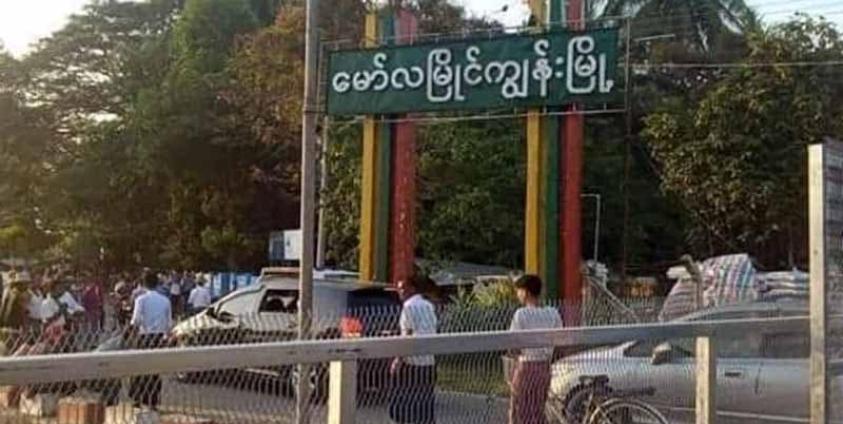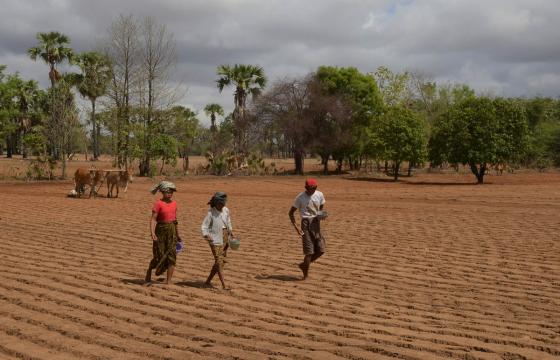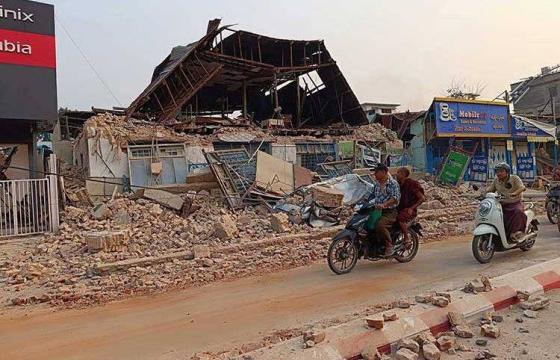The junta-appointed administrator of Pho Thar Aye Village Tract in Mawlamyinegyun Township, Ayeyarwady Region, has threatened to evict any villagers in his administration area who do not contribute to conscription funds.
Pho Thar Aye Village Tract comprises of four villages, Pho Thar Aye, Kansu, Pankahwa, and Khuman with a combined total of approximately 400 households.
The administrator, U Yin Htay forced all the household heads of the four villages to attend a meeting in Pho Thar Aye Village on 9 December. There he threatened to evict any villagers who did not pay into the conscription fund, according to some villagers who attended the meeting.
A resident of Kansu Village said: “He demanded 25,000 MMK from each household, claiming it was for a conscription fund, but he didn’t clarify whether it was a one-time or monthly payment. He warned that anyone who refused to pay would be forced to leave the villages and even threatened to bring in junta soldiers to carry out the evictions.”
Talking of the administrator, a resident of Pho Thar Aye Village said: “This thug, Yin Htay, always threatens villagers whenever he sobers up. He often yells that he will punish anyone who supports the People's Defence Force (PDF), discusses political issues, or shows him disrespect.”
According to villagers prior to U Yin Htay being the village tract administrator his father, who was also deeply despised, was in the post. Apparently he collaborated with the junta to ensure that his son inherited his position.
A resident of Khuman Village said: “U Yin Htay often boasted that he would be even more iron-fisted than his father. The conscription fund he demands will also go into his pockets—everyone knows this, but his strong connections with junta soldiers ensure that no one dares to challenge him.”
U Yin Htay also often helps soldiers and police officers man the checkpoint at the entrance of Pankahwa Village and every day they conduct checks on vehicles. Under the pretext of issuing fines, they arbitrarily demand various amounts of money such as 15,000 MMK, 30,000 MMK, or 100,000 MMK, from bicycles, motorbikes, and cars.







